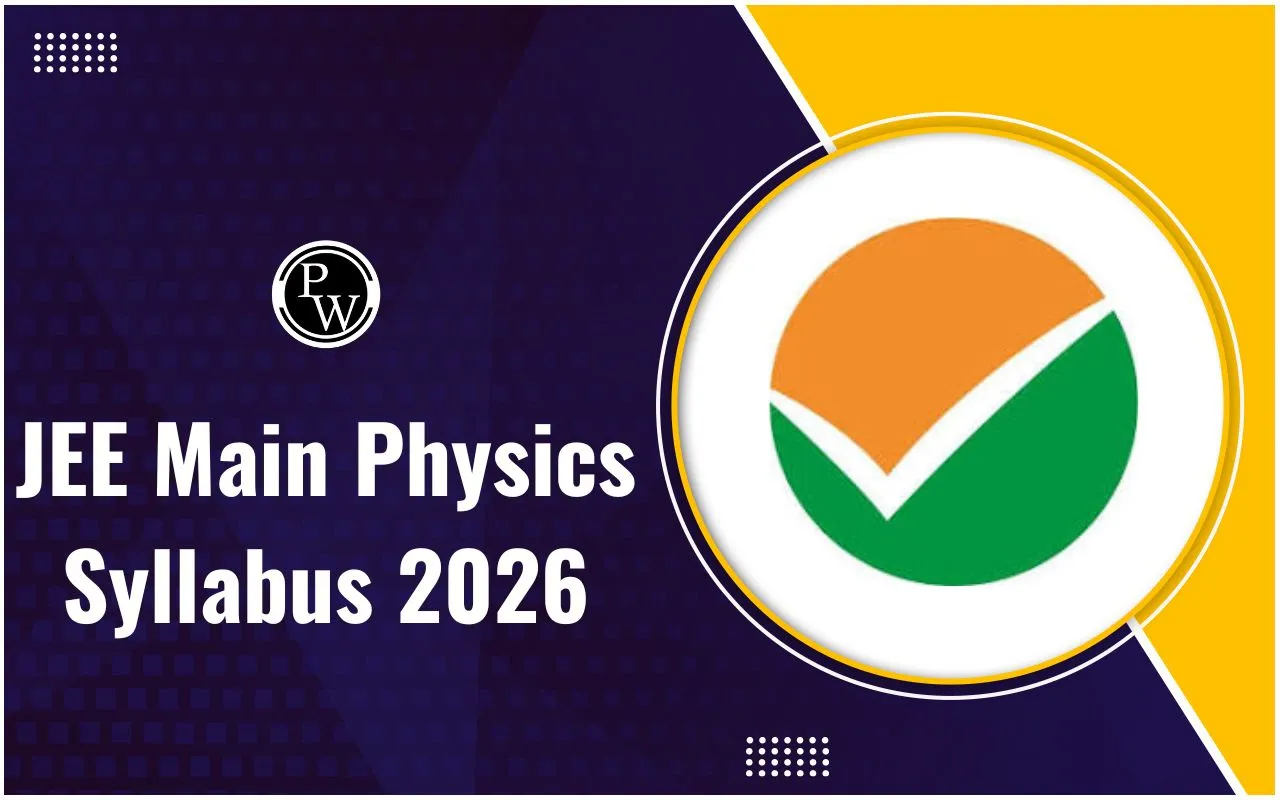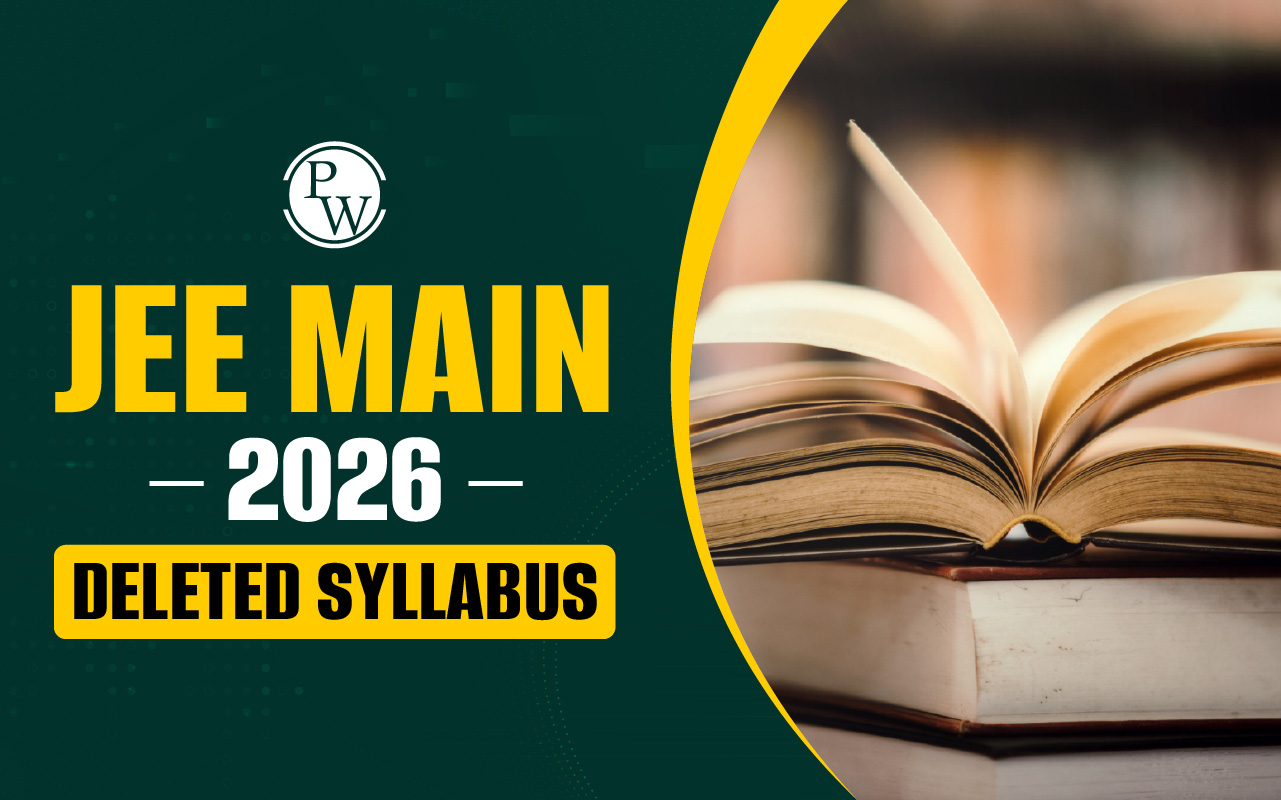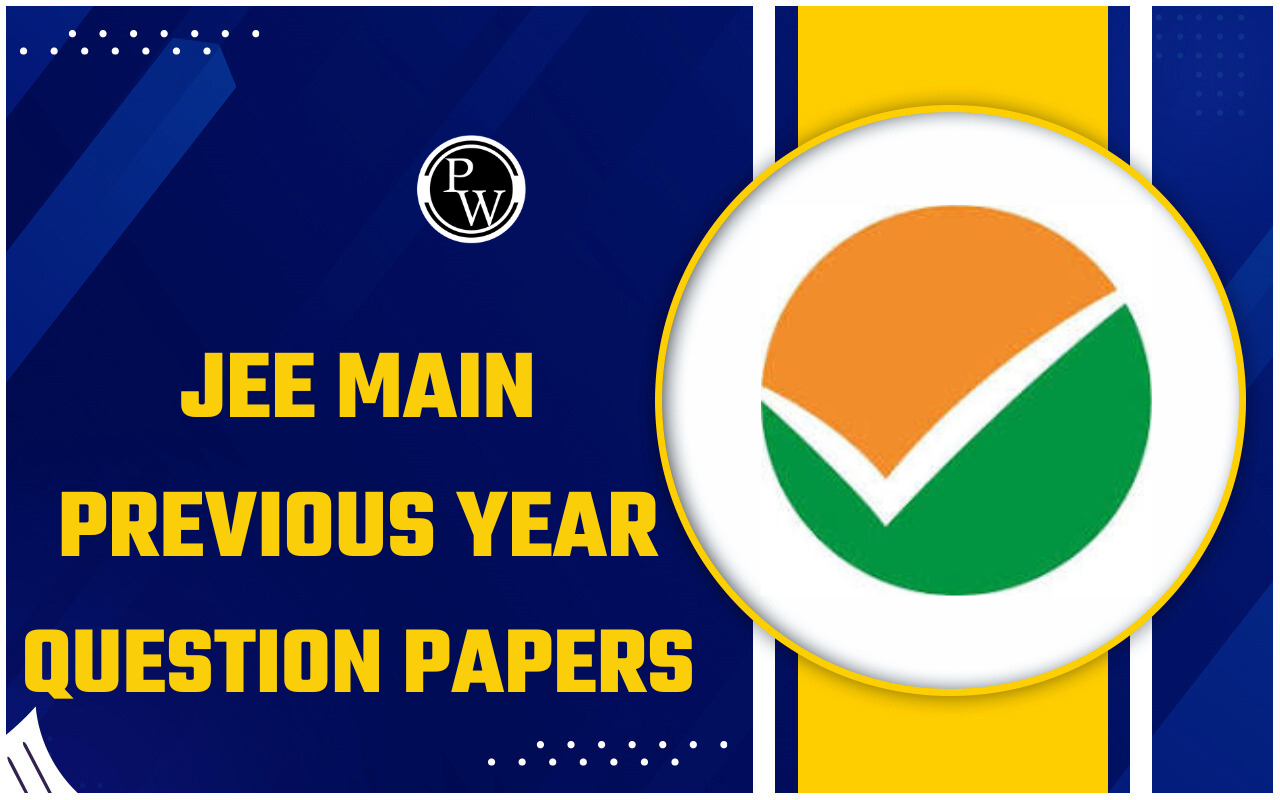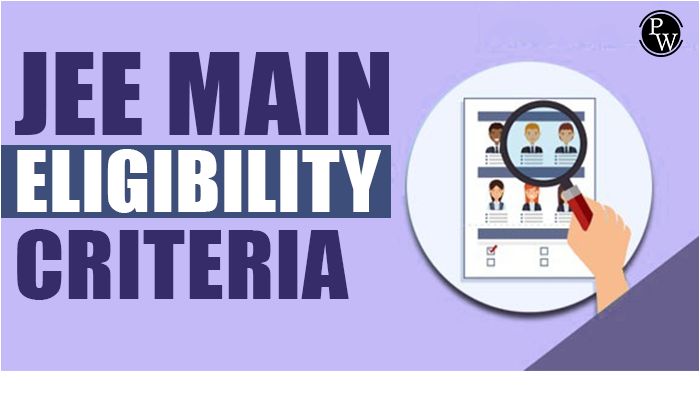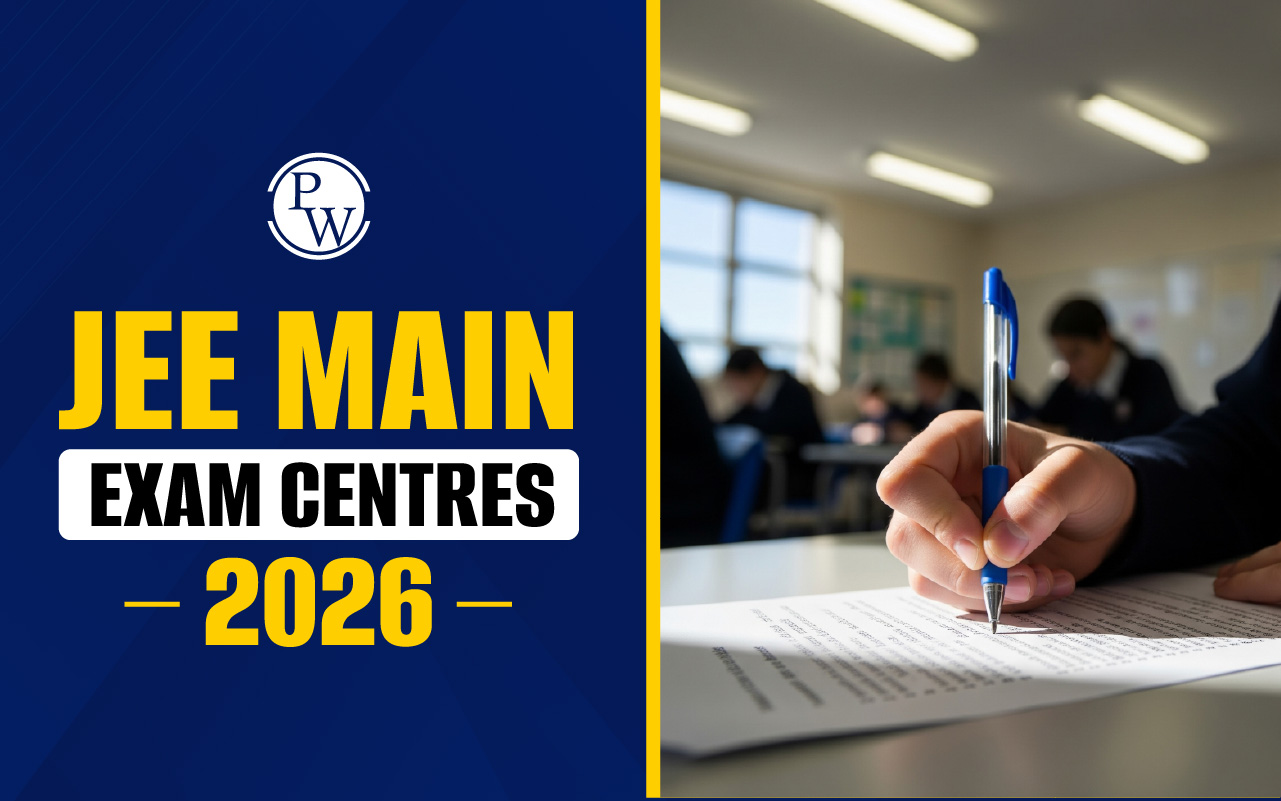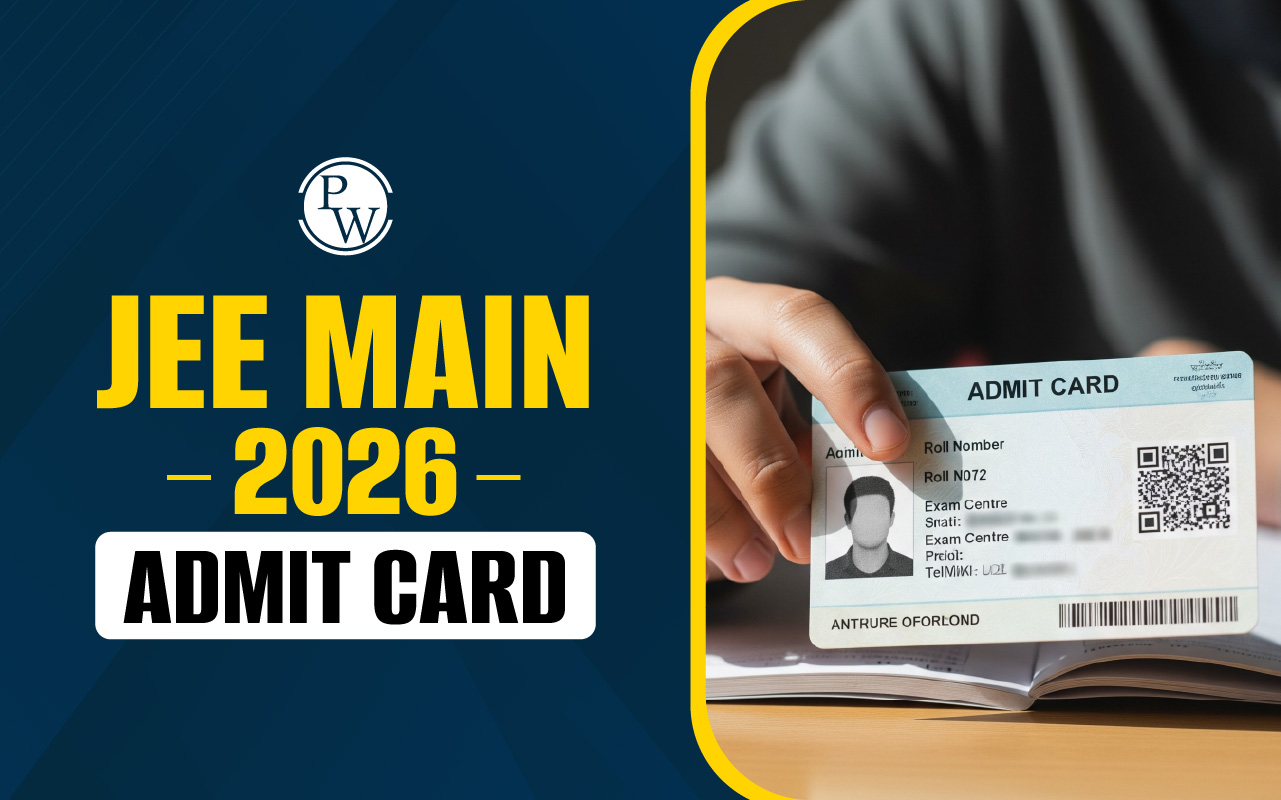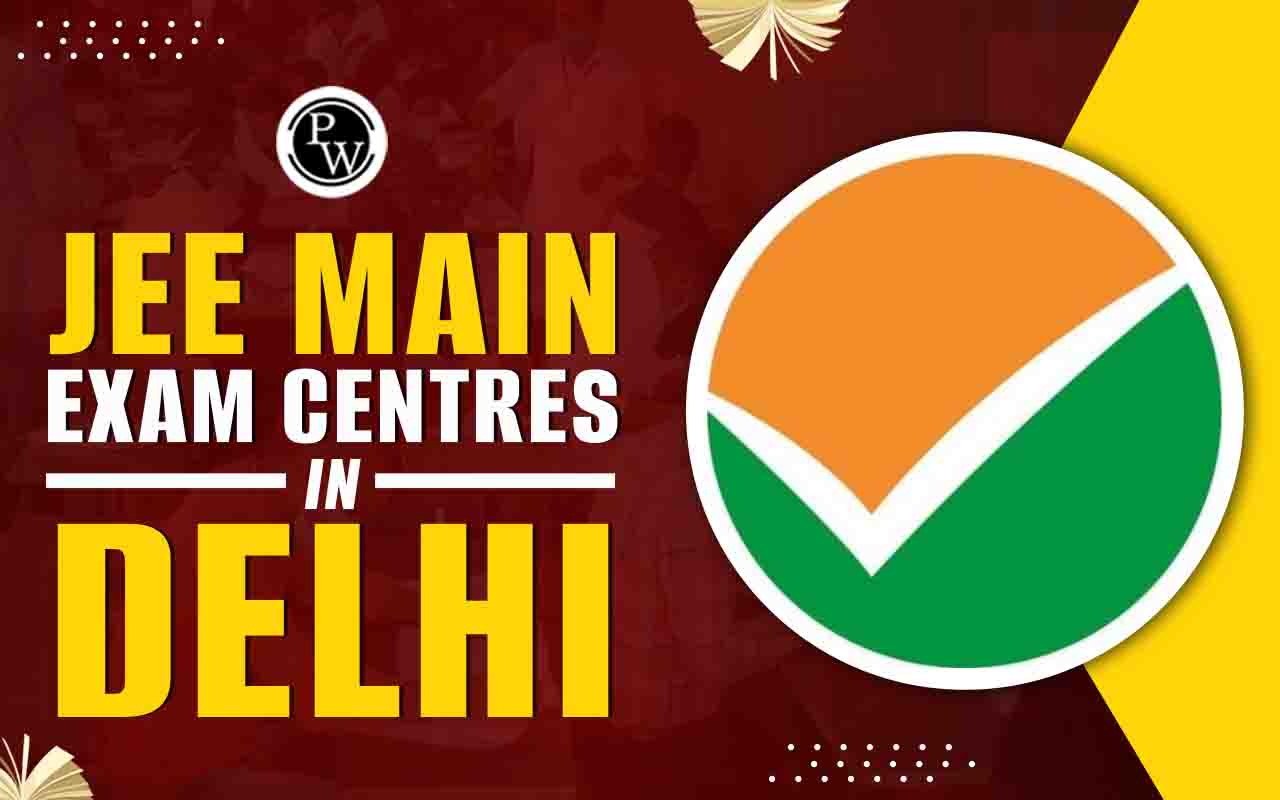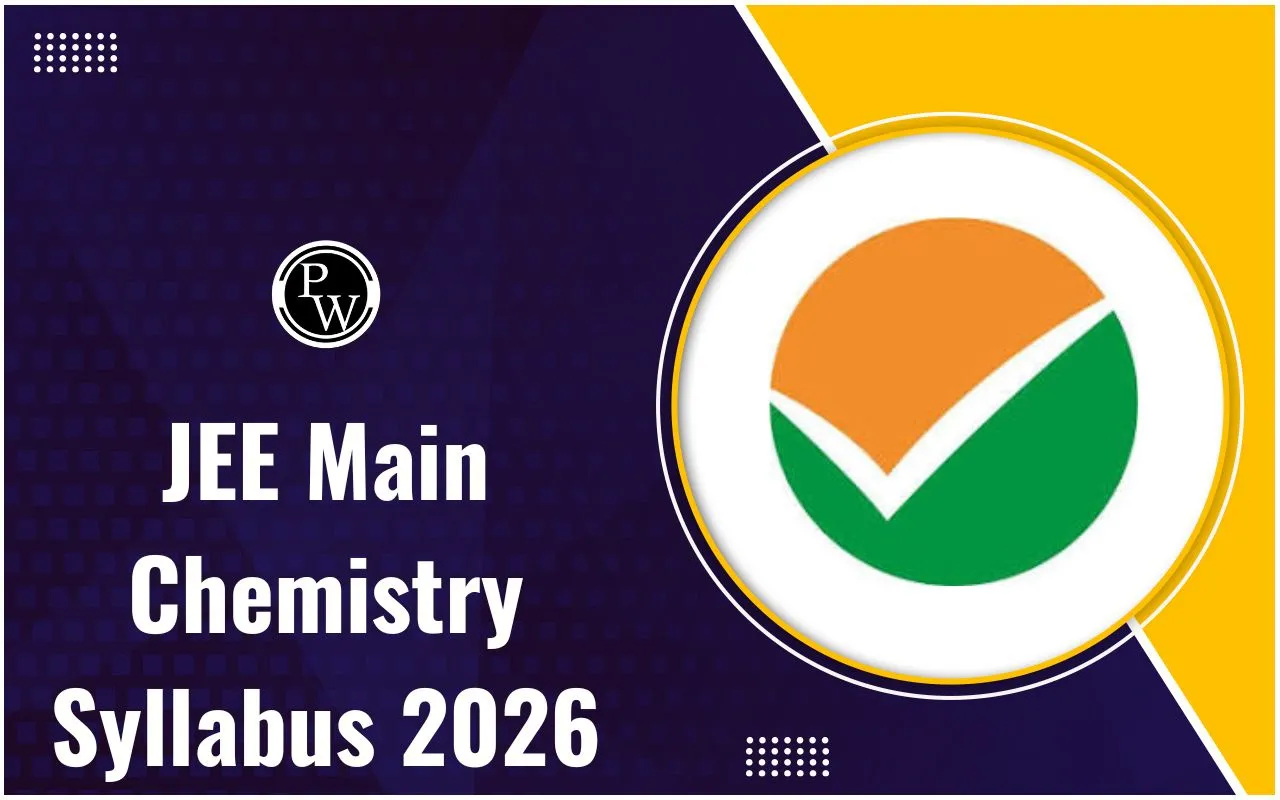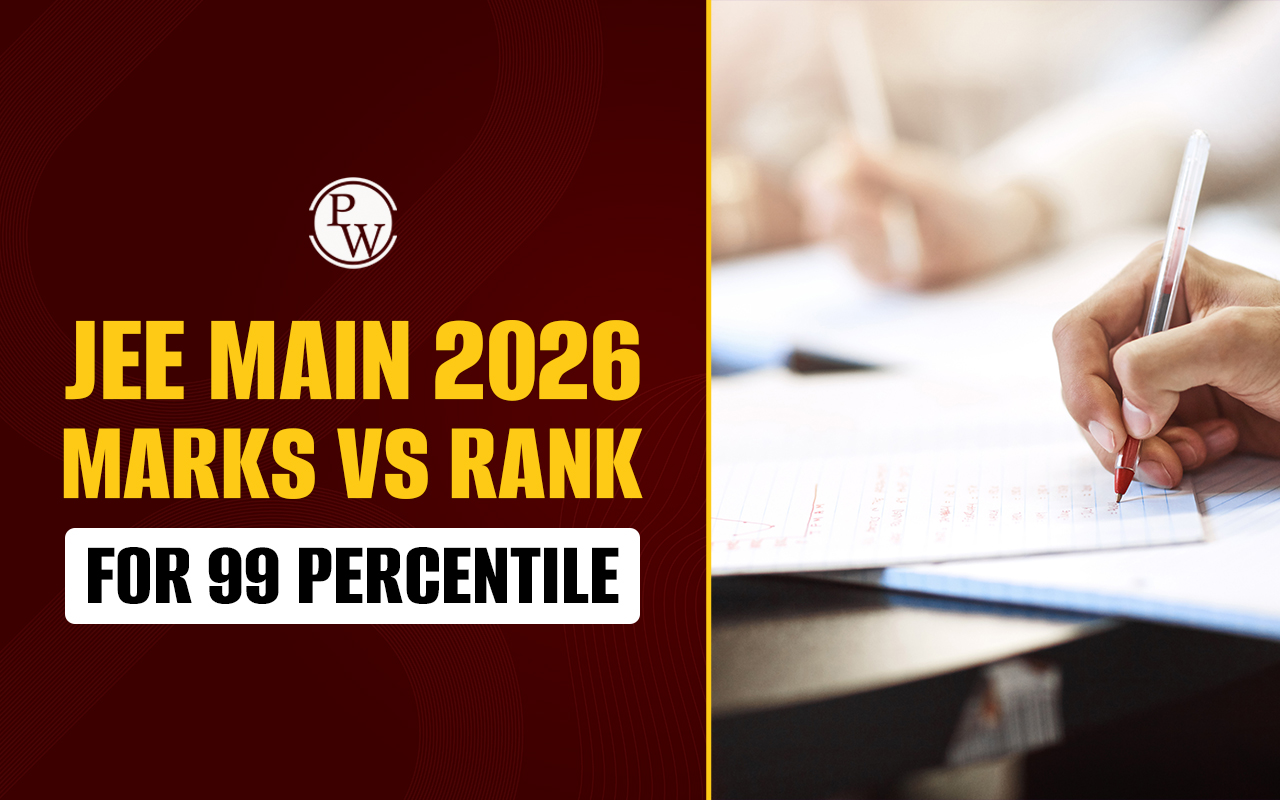
Who Will Conduct JEE Advanced 2026?: The Joint Entrance Examination (Advanced) is one of the most important exams for applicants who want to get into top engineering colleges in India. Every year, a different IIT (Indian Institute of Technology) is chosen to organize this JEE Advanced Exam . The conducting body is responsible for planning and conducting the exam, including setting the papers and announcing the results.
For JEE Advanced 2026, IIT Roorkee is expected to be the organizing body. This means the Indian Institute of Technology, Roorkee, will be in charge of all the processes related to the exam for the upcoming academic year. It will also ensure that all the examination-related processes run smoothly, just like the other IITs have done in previous years.
Which IIT Will Conduct JEE Advanced 2026?
The JEE Advanced 2026 exam is expected to be conducted by IIT Roorkee, following the regular rotation system used by the Joint Admission Board (JAB). This pattern of rotating the responsibility of organizing the exam among the IITs has been followed for several years. IIT Roorkee had previously conducted the JEE Advanced exam in 2008 and 2019, and now, it is expected to take charge again in 2026.
In both 2008 and 2019, when IIT Roorkee organized JEE Advanced, the difficulty level of the exam was considered to be moderate. This means that while the exam was challenging, it was not as tough as some of the years when other IITs conducted it. Therefore, students appearing for JEE Advanced 2026 can expect a similar level of difficulty, which would be manageable with proper preparation.
In Which Year Did IIT Roorkee Conduct JEE Advanced?
IIT Roorkee has conducted the JEE Advanced exam two times in the previous year. The first time was in 2008, and then again in 2019. As per the usual rotation system followed by the Joint Admission Board (JAB), IITs take turns in organizing JEE Advanced. Based on this pattern, IIT Roorkee will conduct the exam once again in 2026. The difficulty level of the exam during IIT Roorkee's previous years was considered moderate, both in 2008 and 2019.
JEE Advanced 2026 Eligibility Criteria (Expected)
The eligibility criteria for JEE Advanced 2026 will likely be similar to those of previous years, but the official details will be announced by the exam-conducting authority closer to the exam. To be eligible for JEE Advanced, applicants must first qualify JEE Main by scoring the required marks in the exam. Students must have completed their 10+2 (or equivalent) exam with subjects like Physics, Chemistry, and Mathematics.
Additionally, they must secure at least 75% marks in their board exams to meet the eligibility requirements. Additionally, applicants are allowed to appear for JEE Advanced only twice, which means they can attempt the exam in two consecutive years after completing their 10+2. While these are the general guidelines followed for previous JEE Advanced exams, it is important to check the official announcement for any changes.
JEE Advanced 2026 Important Dates (Expected)
For JEE Advanced 2026 aspirants, knowing the important dates in advance is important for effective planning and preparation. While the official JEE Advanced Exam dates have not been announced yet, understanding the expected timeline can help aspirants manage their time, stay organized, and avoid any last-minute confusion. Based on the schedule of JEE Advanced 2025, aspirants can anticipate the following tentative dates:
- Registration for JEE Advanced 2026 : Last Week of May 2026
- Last Date to Fill Application Form : First Week of June 2026
- Release of JEE Advanced 2026 Admit Card : Mid-June 2026
- JEE Advanced 2026 Exam Date : Last Week of June 2026
- JEE Advanced 2026 Results : First Week of July 2026
JEE Advanced Conducting Institute- Last 10 Years' Trend
It goes without saying that the Joint Entrance Examination (JEE) Advanced is one of the toughest engineering entrance exams in India, conducted by the Indian Institutes of Technology (IITs). Every year, the responsibility of organizing and conducting the exam is assigned to one of the IITs, and this role rotates among the various IITs across the country.
Over the years, there has been a consistent pattern in the assignment of the exam-conducting responsibilities, with each IIT taking turns to host the examination. Let's take a look at the trend of IITs that have conducted JEE Advanced over the last 10 years:
- In 2017, IIT Madras conducted the JEE Advanced exam.
- The following year, in 2018, IIT Kanpur took on the responsibility.
- In 2019, IIT Roorkee organized the exam, while IIT Delhi handled it in 2020.
- IIT Kharagpur conducted JEE Advanced in 2021, and IIT Bombay was in charge in 2022.
- In 2023, IIT Guwahati held the JEE Advanced exam.
- IIT Madras once again hosted the Joint Entrance Examination (Advanced) in 2024.
- In the current academic year, IIT Kanpur is all set to conduct the JEE Advanced 2025 exam.
- For the forthcoming academic year, IIT Roorkee is expected to conduct JEE Advanced in 2026.
Will JEE Advanced 2026 Be Tough? Check Previous 10 Years' Difficulty Levels
As the JEE Advanced 2026 exam is expected to be conducted by IIT Roorkee, one of the common questions that aspirants might have is, "Will JEE Advanced 2026 be tough?" To get an idea of the difficulty level, it helps to look at the trends from previous years. Over the past decade, the difficulty level of JEE Advanced has varied, and it largely depends on the conducting IIT.
- For instance, in 2015 and 2016, the exams were considered difficult, especially when IIT Bombay and IIT Guwahati conducted them.
- However, in 2017 and 2018, the exams were of moderate difficulty, with IIT Madras and IIT Kanpur taking charge.
- In 2019, when IIT Roorkee conducted the exam, the difficulty level was higher compared to the previous year.
- But in 2020, under IIT Delhi, the exam was considered moderate again.
- The exams in 2021 and 2022, conducted by IIT Kharagpur and IIT Bombay, respectively, were also moderate, though the 2022 exam was seen as slightly lengthy.
- The 2023 JEE Advanced exam, conducted by IIT Guwahati, was again of moderate difficulty.
- In 2024, with IIT Madras in charge, the exam was relatively easier.
Based on these patterns, it’s likely that JEE Advanced 2026, conducted by IIT Roorkee, may have a difficulty level similar to or slightly tougher than the 2019 exam. However, students are encouraged to focus on their preparation and not be too concerned about the difficulty level.
JEE Advanced 2026 Preparation Plan
A strong preparation strategy for JEE Advanced 2026 is important for success, and aspirants should follow a well-structured approach to make the most of their study time. A strategic plan allows students to cover all the topics, strengthen their weak areas, and maintain consistency throughout their study schedule.
It is not just about the number of hours spent but about studying smartly, focusing on concepts, and practicing regularly. By adopting a systematic approach, aspirants can boost their confidence and improve their chances of performing well in the exam. Below are some key points to follow for an effective JEE Advanced preparation strategy :
- Identify Productive Study Hours : Study during the time of day when focus is at its peak, for instance, early morning. A focused 6 hours of self-study is often more effective than longer hours.
- Break Study Hours into Sessions : Study in 60 to 90 minute sessions with 5 to 10 minute breaks in between. Stick to the break time to maintain discipline.
- Consistency Over Intensity : Avoid long study hours one day and skipping the next. Aim for consistent daily study time.
- Start with Small Goals : At the start, set small, achievable goals and gradually increase them. A routine will help in creating a study timetable later.
- Focus on Basics : Don’t neglect NCERT textbooks. Study theory first, followed by practice problems to build a strong understanding of concepts.
- Active Learning : Use techniques like self-questioning, flowcharts, and diagrams to make tough topics interesting and easy to remember.
- Make Problem Solving a Habit : Begin with easier problems and gradually work towards tougher ones to build confidence and improve problem-solving skills.
- Daily Revision : Make revision a daily habit. Don’t wait for the end of the syllabus or pre-exam time to start revising.
- Create Short Notes : Prepare concise notes, especially for formulas, which will be easier to revise compared to thick textbooks.
- Get Proper Sleep : Ensure 7 to 8 hours of sleep daily to stay alert and energized for effective study sessions.
IIT Roorkee has a history of conducting JEE Advanced with a focus on challenging and conceptually demanding questions. Having previously organized the exam in 2008 and 2019, the institute is set to conduct it again in 2026. The difficulty levels of the exams conducted by IIT Roorkee are known to be high, with well-balanced questions across all three subjects—Physics, Chemistry, and Mathematics.
Aspirants preparing for JEE Advanced 2026 can expect a rigorous test designed to assess their deep understanding of concepts. Therefore, it is important for JEE 2026 aspirants to focus on strengthening their concepts and practice extensively to score high in this tough exam.
Study Material for JEE 2026 Preparation
Physics Wallah (PW) has resources for JEE 2025 and 2026 preparation, based on key subjects of the JEE syllabus such as Physics, Chemistry, and Mathematics. The study material includes detailed explanations, practice exercises, solved examples, mock tests, and past exam papers to strengthen aspirants learning and practice.
Who Will Conduct JEE Advanced 2026? FAQs
Ques. Which IIT is going to organize the JEE Advanced 2026 exam?
Ques. When will JEE Advanced 2026 registration begin?
Ques. Will the 75% criteria be removed from JEE Advanced 2026?
Ques. Does IIT Roorkee set tough papers for JEE?
Ques. What will be the difficulty level of JEE Advanced 2026?


